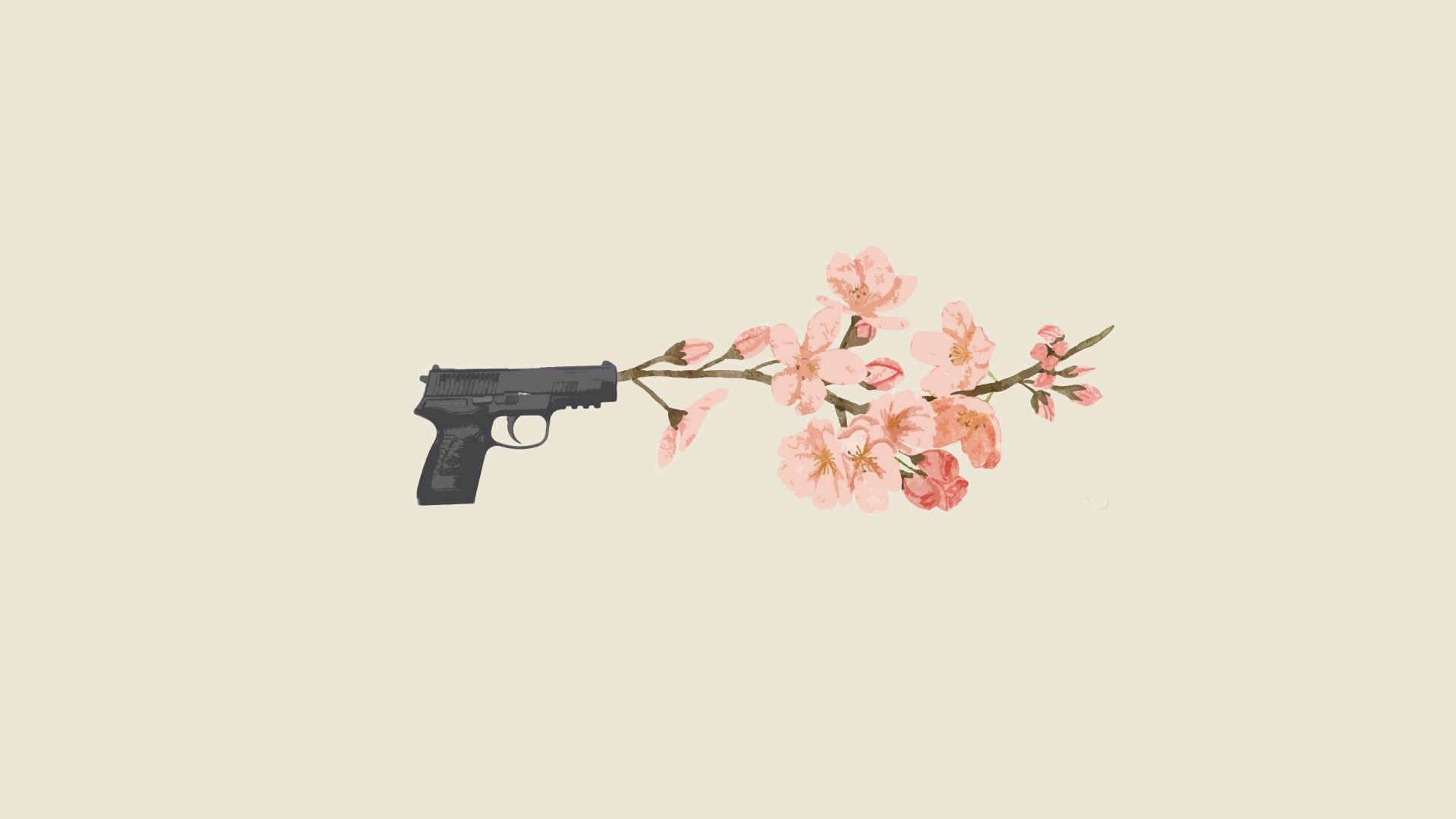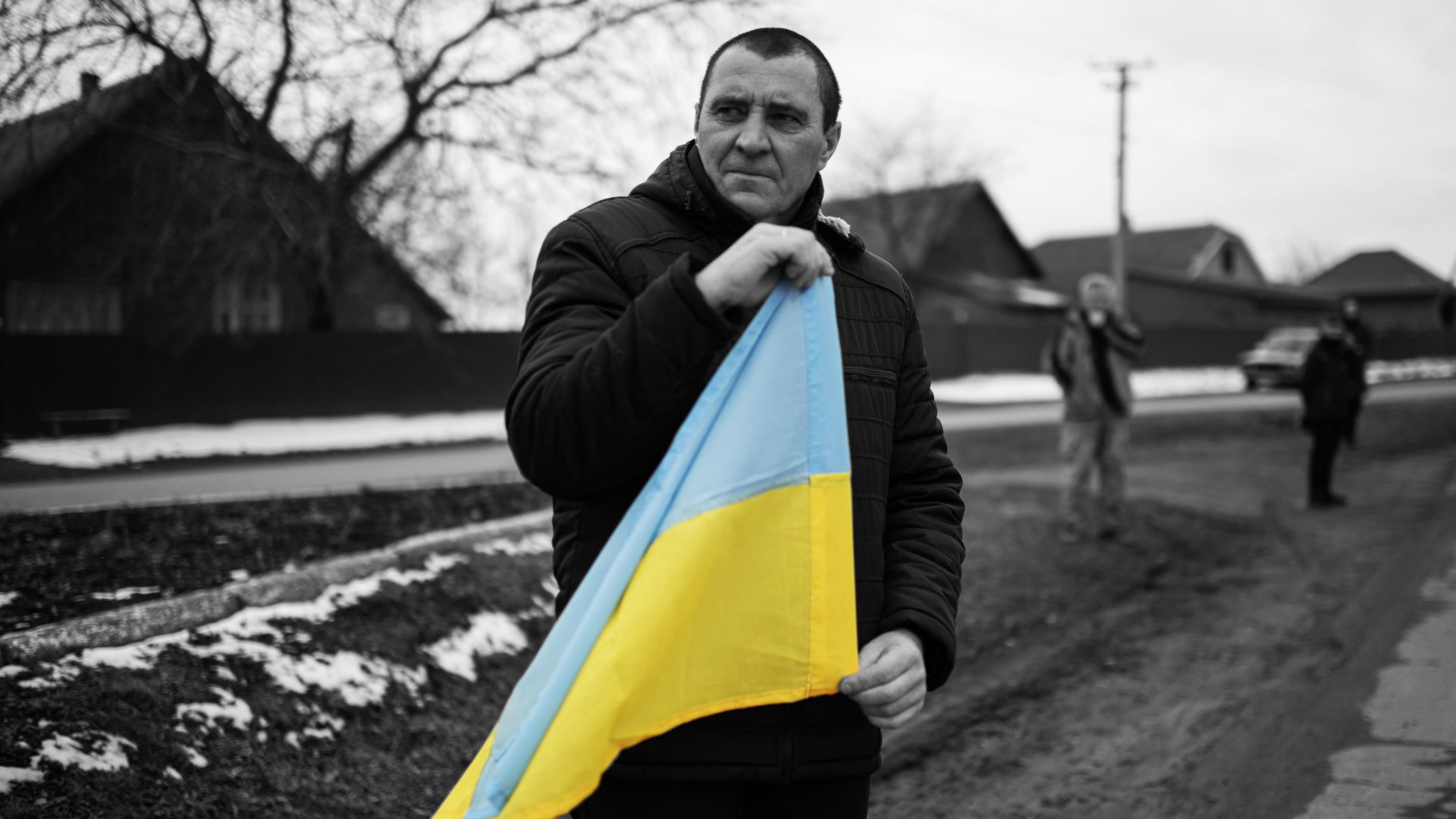Suddenly it’s spring. Birds are singing, buds are opening, flowers too. You can almost feel the plants swelling and growing beneath the soil, ready to burst through. Some days the sun even feels warm. I’ve already seen bumblebees, brimstone butterflies, lambs, baby rabbits, and frogs. Clear fresh air is waking everyone up. People are gardening or going for long walks, smiling. There is a sense of optimism and renewal after the dark days of lockdown. The surprise of sunshine and warmth, particularly when fuel prices are soaring and the chancellor has decided not to provide financial help for the most vulnerable in our society, is welcome.
The weather affects our wellbeing. You don’t have to suffer from Seasonal Affective Disorder to know this. For many, spring is a season of joy and possibility. At the very least we can get a dose of vitamin D from the sunshine. Yet in The Wasteland TS Eliot called April “the cruellest month”. Why was that? Geoffrey Chaucer opened The Canterbury Tales by celebrating the sweet showers of April that stimulated the plants to grow, but Eliot flipped that joy into suffering.
For Eliot, the promise of renewal and growth was a false promise, or at best a contrast with the winter, which paradoxically “kept us warm” under “forgetful snow”. Spring just stirred up memories and desires that would not be fulfilled, a further twist of the knife. Some critics have personalised this, connecting it to the poet’s poor relationship with his wife, Vivienne. The unexpected linking of April with suffering is the opposite of what we’d expect: outer signs of renewal sink the poet into deeper depression rather than reflect his inner state. The excitement of apparent new beginnings is a source of further sadness. Seasonally induced optimism from that perspective looks like just another false hope, a trick nature plays on us to keep us going.
Continuing that pessimistic theme, springs today aren’t quite what they used to be. They’re quieter. There are fewer insects. Bird species are disappearing. We are destroying our environment, and not just by creating a climate catastrophe with carbon emissions.
Sixty years ago, in her book Silent Spring, Rachel Carson foresaw this. She wrote of the devastating effects of indiscriminate use of DDT on the insect and bird populations. Her words are still worth quoting:
“Sprays, dusts and aerosols are now applied almost universally to farms, gardens, forests and homes – non-selective chemicals that have the power to kill every insect, the ‘good’ and the ‘bad’. To still the song of the birds and the leaping of fish in the streams, to coat the leaves with a deadly film and to linger on in the soil – all this though the intended target may be only a few weeds or insects.”
Yet, despite far better information about the effects of many pesticides, the Government recently allowed emergency use of neonicotinoids on sugar beet in the UK, pesticides which George Monbiot has described as the new DDT, and which have deadly effects on bees and other pollinators, and even when washed from the soil can kill fish. This wasn’t a result of Brexit – other governments in Europe have allowed similar emergency uses of these environmentally damaging substances on economic grounds. Such short-term thinking may prove our long-term undoing.
And this spring despite the glimmers of hope emerging from the pandemic – hope that may soon be dashed given the huge numbers of infections and the real possibility of further more dangerous strains of Covid emerging – there is war in Ukraine.
The sunshine may temporarily distract us from it. But the vile Russian slaughter of civilians continues, and we should not look away for long. The second world war poet Henry Reed, in Naming of Parts described learning how to refer to parts of a rifle while around him almond was blossoming and bees going backwards and forwards. The irony was heavy when he described moving the bolt of the rifle: “they call it ‘easing the spring’”. I imagine Ukrainian civilian soldiers familiarising themselves with their assault rifles while spring flowers come into bloom around them.
Yet there is still room for hope. Dandelions, daffodils, lesser celandines, are all bursting into flower in the hedgerows here. Bright yellow flowers and every now and then blue skies. The mornings are still full of birdsong.
We haven’t yet reached the point of a silent spring. The yellow against the blue is newly symbolic. Perhaps this spring will prove the pessimists wrong.



